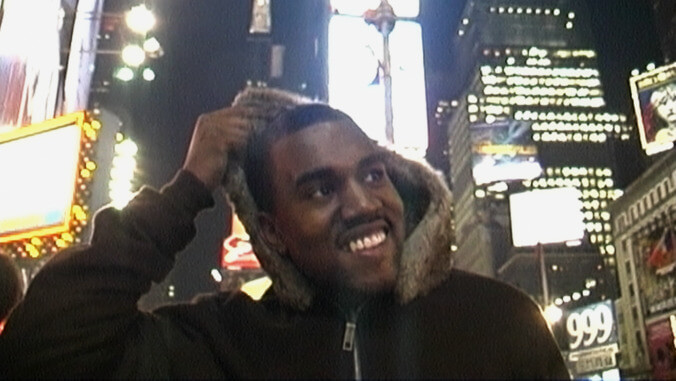The 10 best films on Netflix in February 2022
A Kanye doc fresh from Sundance joins The Addams Family, The Dark Knight, and more

New-movie pickings for the shortest month of the year are relatively light at Netflix, but that’s to be expected—the streaming service has been emphasizing in-house content over catalog titles for years now. And although it’s being chopped into three parts for streaming, one of those Netflix Originals, jeen-yuhs: A Kanye Trilogy, played at this year’s Sundance Film Festival as a 4 1/2 hour feature, and thus makes our list.
Looking deeper into Netflix’s February comings and goings, we mostly find a selection of quality Hollywood crowd-pleasers like The Addams Family, The Dark Knight, The Other Guys, and Cloudy With A Chance Of Meatballs. But auteur-driven cinema makes an appearance as well, with two under-appreciated films from Michael Mann (Blackhat) and the Safdie brothers (Good Time).
 Keep scrolling for more great stories.
Keep scrolling for more great stories.
